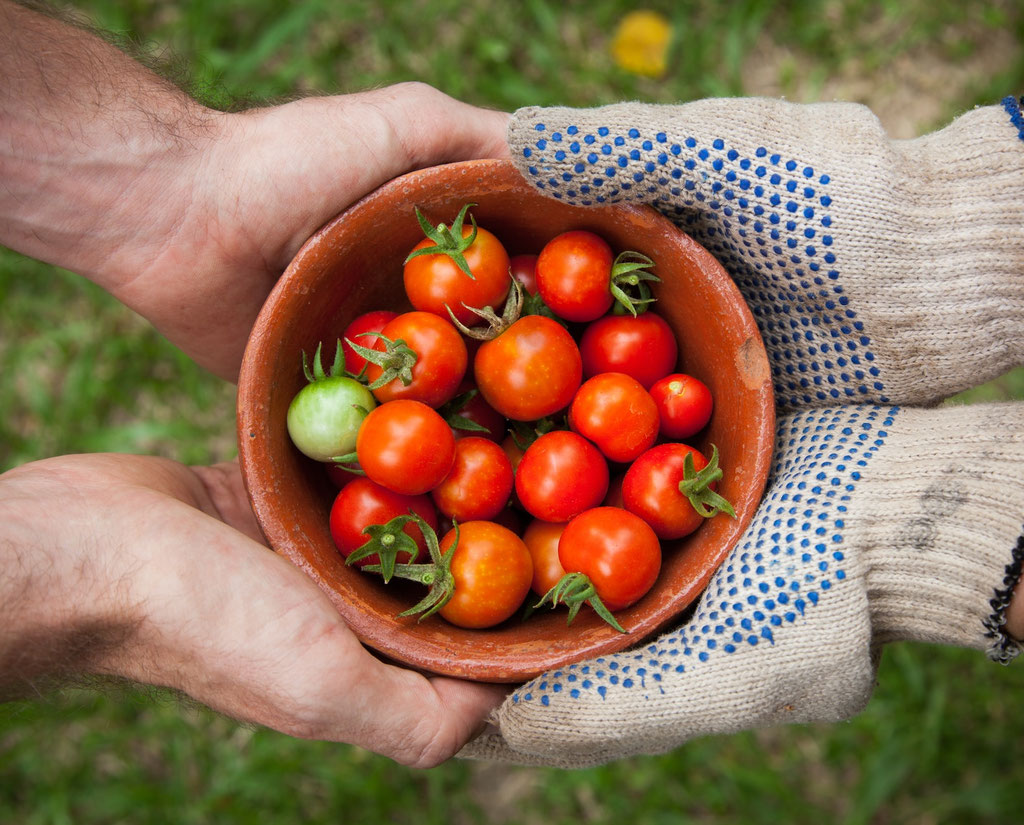
At its core, the concept of community empowerment is a straightforward one. You're talking about the techniques, strategies, and best practices used to help communities increase the amount of control they have over their own lives.
This is especially important when you focus in on those topics that impact us all, with sustainable food systems being chief among them. Education and outreach in particular can help people not only better understand nutrition, but also the benefits of food waste reduction and why sustainable agriculture practices matter.
Oftentimes these are topics that people are apathetic about, largely because they don't understand the way they affect us both as individuals and as communities. The more they learn, the more they care. As their passion increases, so does their desire to participate in making a difference - something that only improves life for all of us as far as sustainable food systems are concerned.
The Benefits of a Community-Focused Approach
To get a better idea of how taking an education and outreach-driven approach can make a difference in terms of promoting sustainable food systems, look no farther than some of the successful programs that exist for that very purpose.
The UN Food Systems Summit for example, brings together organizations like the World Bank, IFPRI, and the Food and Land Use Coalition to help people around the world understand how not only banks and investors but also farmers, companies, governments, and even private citizens can benefit from sustainable food systems. In addition to helping reshape public support and incentives away from the current model that tends to overuse natural resources and that only benefits larger farmers, it also helps support sustainable practices, building up rural infrastructure, and more.
One great example of a program that combines both education and outreach comes by way of the University of Virginia, which took the step to create its own Sustainable Food Action Plan for 2021 to 2030. For its own part, it pledged to increase the percentage of sustainable foods and beverages that it was purchasing, increase the amount of sustainable foods that it was procuring locally each year, and more.
It also promotes opportunities to both learn more about sustainable food at UVA and beyond, as well as shows people how they can support sustainable agriculture and gardening (among other efforts) with the help of the university. Other educational institutions around the country have followed suit.
Strategies for Making a Difference
With regard to outreach, even something as straightforward as attending a city council meeting (and bringing along as many fellow community members as possible) can make a big difference. People should raise questions and concerns to their elected officials on topics like sustainability in food - issues that impact absolutely everyone. It can also help people stay informed as to local events that affect everyone, and it can make sure that everyone's voice is heard as well.
Volunteering to help at local events, serving on various boards, and volunteering time for any committees pertaining to the important topic of food sustainability are all helpful ways to support these crucial ideas.
Challenges Affecting Successful Community Empowerment
None of this is to say that promoting sustainable food systems is inherently easy, as there are a number of challenges that must be overcome even with a healthy emphasis on education and outreach.
One such challenge has to do with the idea of "social loafing" - in essence, people tend to put forth less effort when working as a group than they do when working individually. Because sustainable food systems and the programs that promote them depend on people coming together, this becomes a self-fulfilling prophecy.
Education and outreach again play a role in overcoming this challenge. Don't just tell people what you want them to do. Give them the context they need to understand the difference they make. Help them understand that every year, approximately 48 million people get sick and another 128,000 are hospitalized due to Foodborne illnesses. Teach them that about 1/3rd of all food produced is either lost or wasted, amounting to costs of about $1 trillion every year.
Teach people how to grow food safely. Help them understand the steps they can take in their own lives to keep it safe. Help them learn how to check to see if food is safe. These are absolutely things that can help the community that require almost no outside time-commitment on the part of people participating.
The more they understand about these topics, the more likely they are to participate in solving these and other problems.
If you'd like to be part the difference the promoting sustainable food systems can make, joining the "Secure Future Food Systems Through Safe and Sustainable Agriculture" challenge today.








